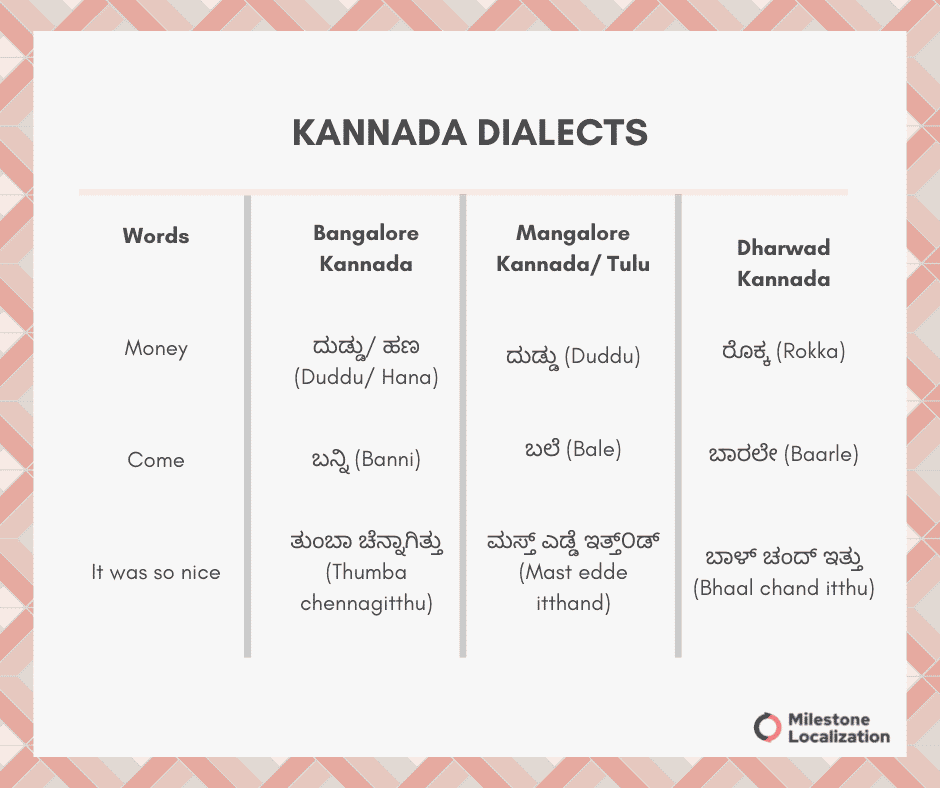Is there a hidden world of meanings behind the seemingly simple act of "exposure"? Unraveling the nuances of the word "expose" and its translations, especially within the context of Kannada, reveals a fascinating exploration of language, culture, and the subtle ways we perceive the world.
The English word "expose" carries a multifaceted weight. It speaks of unveiling, revealing, and making known. It can refer to the act of uncovering a deceit, such as exposing an imposter, or bringing to light hidden truths, such as publishing an expose on corruption. "Expose" can also denote a more physical act, like leaving something unprotected or making something visible. Understanding the word necessitates delving into its various applications and how its meaning shifts across contexts.
In the vibrant tapestry of the Kannada language, the word "expose" finds its equivalent in "oddu." However, the true comprehension of "expose" and "oddu" extends beyond simple dictionary translations. It involves exploring the cultural nuances embedded within these words. "Oddu" encapsulates not only the action of exposing but also the potential consequences of revelation. It suggests a boldness in uncovering hidden truths, a willingness to challenge pretense, and a dedication to shedding light on what was once concealed. It is a call for exploration of the language, by understanding its vocabulary and grammar.
Here's a simple table of the different words, its meaning and its origin,
| Word | Meaning | Origin |
|---|---|---|
| Expose | To reveal something concealed or hidden. | Latin "exponere" - to put forth, display. |
| Oddu | (Kannada) - The act of revealing, unveiling, or exposing. | Kannada language origin. |
| Exposure | The state of being exposed; the act of revealing something. | Latin "exponere" - to put forth, display. |
| Reveal | To make visible or known. | Old French "reveler" - to disclose. |
| Uncover | To remove a cover from; to reveal. | Old English "uncuman" - to reveal. |
The nuances of the word's translation, pronunciation, and contextual usage are significant. The term's meaning is not static; it adapts to the context. The word is used in a range of contexts, from the sciences to journalism, the meaning of the word "expose" changes in order to accurately convey the specific act or concept.
The concept of exposure is a thread that runs through many disciplines. From photography, where "exposure" refers to the amount of light captured by the camera sensor, to journalism, where "exposs" are investigative reports that uncover wrongdoing, the idea of revealing the unseen is central. In the realm of art, the act of "exposing" might involve unveiling a new piece or making an artistic statement. The idea is also relevant in the context of law and government, where "exposing" corruption can serve the public good.
The exploration of "expose" in the Kannada language is not limited to simple word-for-word translations. It is an endeavor into cultural subtleties, how language influences our perception of exposure and unveiling. Every language has its own character, and the way it expresses the idea of exposure is specific to its cultural framework. The Kannada-speaking community might view exposure through a lens that emphasizes community values, privacy, and moral standards.
In exploring the meaning of "expose" in Kannada, one can come to understand its complexity. The word's usage in everyday language, literature, and different forms of communication helps to appreciate the depth of Kannada and create a more nuanced comprehension of its meaning. The exploration of "expose" delves into linguistic study, translation, and the varied contexts in which the term emerges. By learning the various nuances of the word, a deeper understanding of a different language is gained, and its rich cultural traditions are exposed.
The process of learning a new language includes immersing yourself in its vocabulary and grammar. The study of vocabulary includes understanding the pronunciation of words, their synonyms and antonyms, and the different ways those words are used in sentences. This also includes understanding the cultural context in which the language is spoken. In the context of the word "expose", an understanding of its usage in kannada helps to grasp the cultural perspective of the language. The usage is essential as it helps to understand how the word is used in everyday conversation and the context in which it is used.
Kannada has a unique way of expressing the concept of revelation. The act of unveiling is conveyed through the word "oddu," which denotes both the act of uncovering and the possible results of exposure. When used in sentences and everyday communication, the meaning of "oddu" reveals itself. It underscores the language's complexity and the cultural values that permeate it.
When dealing with exposure, context is essential. Consider the definition of a particular term, how it is used in everyday language, literature, and communication, and its various interpretations. This allows for the nuances of kannada and the development of a more complex understanding of its meaning. Exploring how "expose" is used in different literary styles and contexts will increase language comprehension, offering valuable insights into Kannada's creative expression.
The exploration of the meaning of "expose" in Kannada is more than just a linguistic exercise; it is an adventure that combines different facets of human knowledge. The depth of a language and culture is revealed through this investigation, which offers an insight into the intricacies of meaning. By combining linguistic analysis with an understanding of the cultural context, the true implications of "expose" may be discovered, resulting in a richer appreciation for the Kannada language and its diverse applications.
The study of exposure in Kannada requires an understanding of grammar and vocabulary. It is important to learn synonyms, antonyms, and best example sentences. As a result, it is possible to understand how words are used in a variety of settings. This knowledge can then be used to appreciate the nuances of the Kannada language. It is crucial to understand how to pronounce words, and how to read them to better comprehend the meaning of words.
The study of how "expose" is used in Kannada reveals linguistic patterns and cultural viewpoints. It also provides insights into the Kannada language's vocabulary and grammar. The process of learning involves a deeper understanding of the language's complexities and an ability to grasp the nuances of translation.
The purpose of exploring "expose" in kannada is to develop a more nuanced and deeper understanding of kannada. It will also assist in understanding the language. This will also help understand the cultural aspects of the language. Learning the nuances of "expose" in kannada is not merely about language; it's about developing an appreciation for Kannada's rich cultural heritage.
The meaning of "expose" in Kannada has distinct meanings. The exploration of the meaning of "expose" in Kannada is a crucial element of language learning. The use of this word reveals the linguistic depth and richness of Kannada. The exploration of language, literature, and communication helps to deepen understanding.
The exploration of "expose" in Kannada leads to an understanding of cultural values and the expression of ideas and feelings. The goal is to enhance language comprehension. This exploration also helps to appreciate how words are used and how to grasp the nuances of the language. The act of revealing, the exposure of an impostor or a fraud, or exposing while ridiculing: these are all part of the story of how the word expose has woven its way through both English and Kannada.


